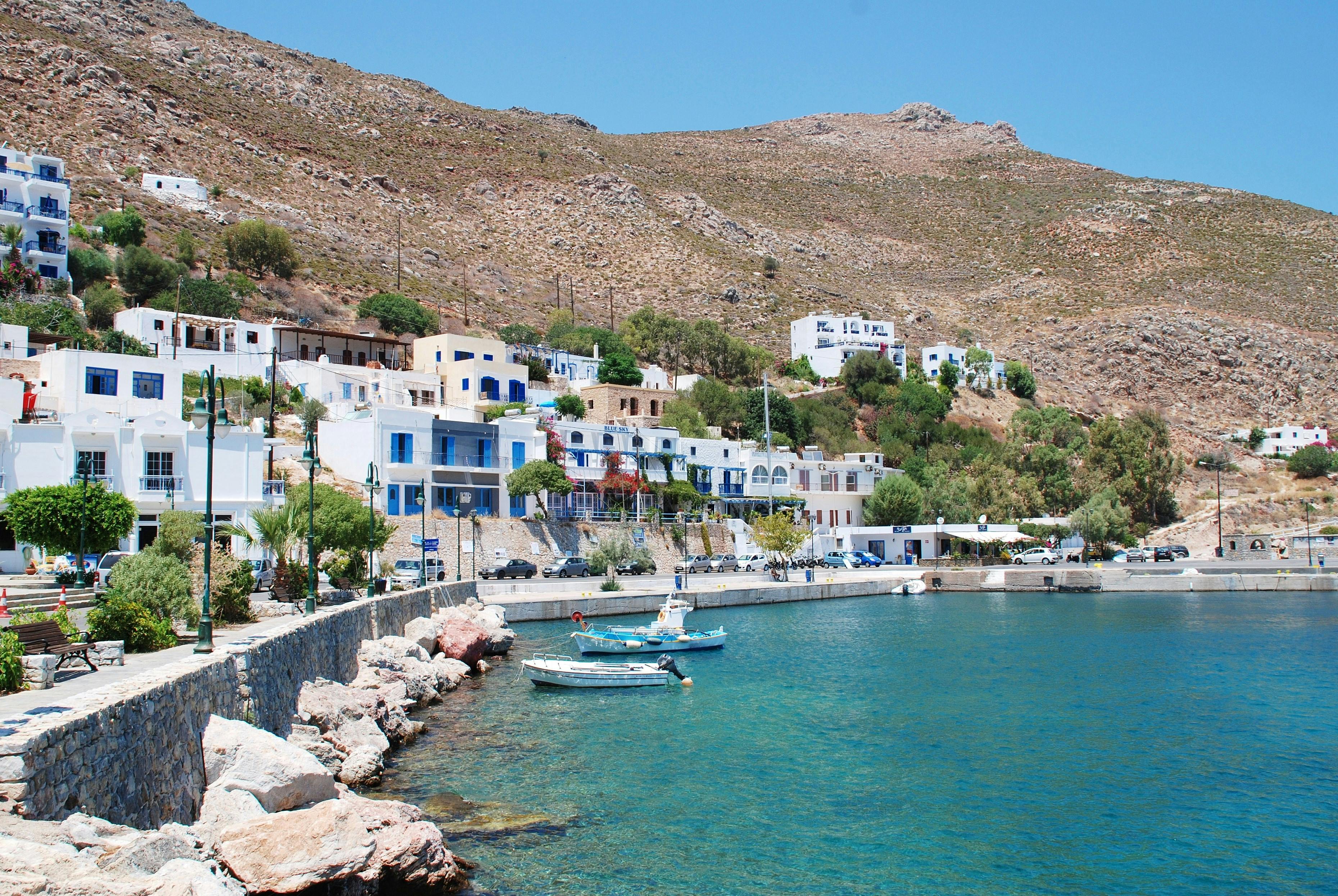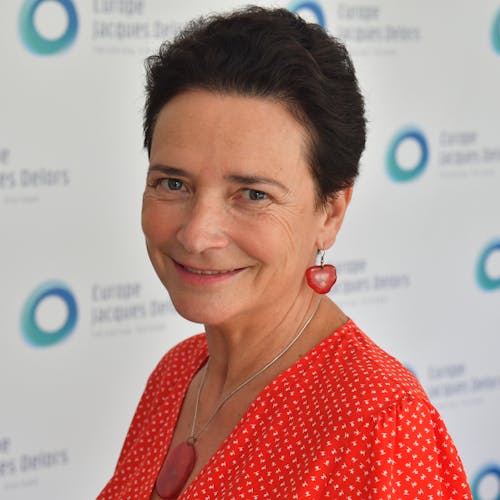Lessons from the first zero waste island: Charting the course towards circular waste management in Europe
While often overlooked, waste management is a crucial aspect of the European Green Deal. It constitutes a significant part of the shift from a 'linear' to a 'circular' economy, which recovers waste as a resource, and supports the fight against pollution. The EU, which has set ambitious targets for sustainable waste management, risks not achieving these.
This paper focuses on how an innovative zero waste island model – tested through the “Just Go Zero Tilos” project – can respond to the challenge of municipal waste on islands which often lack the capacity to manage it in a circular way. In many cases, mismanaged waste comes with serious consequences for local communities and the environment, especially marine ecosystems. While addressing these issues, the “Just Go Zero Tilos” project is also designed to pave the way for a new and different lifestyle.
By delving into this zero waste island model, the paper provides an example of an innovative approach to circular municipal waste management, which can serve as a case study and potential inspiration for other sectors and geographical areas. It explains the challenges faced in the process, points to the benefits of such a model, while also noting its current limitations.
Building on this case study, the paper provides recommendations to the EU and member states on how to improve the regulatory framework and ecosystems for sustainable waste management if they are to reach their environmental and climate ambitions.



